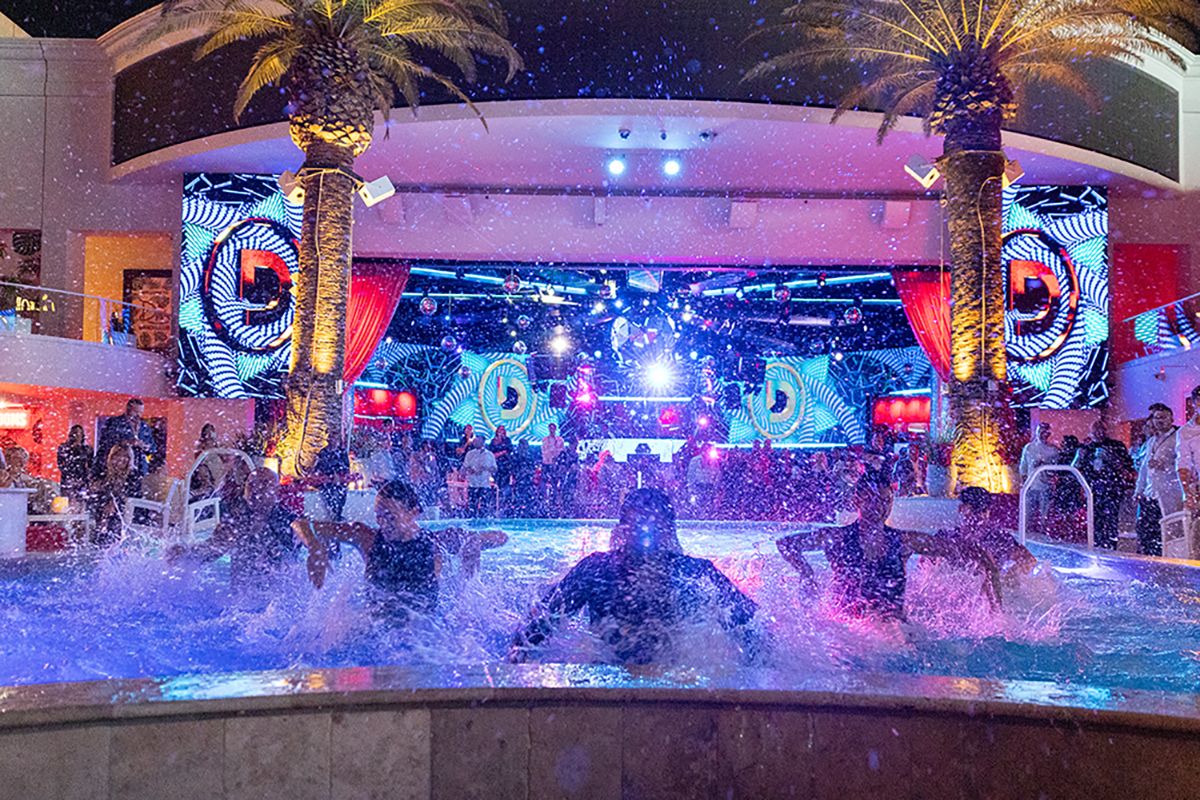Bonus Insights: Rasheed Mohamad – Executive Vice President, Global Operations & Business Technology, Alcatel-Lucent Enterprise
)
Rasheed Mohamad is Executive Vice President, Global Operations & Business Technology, at network solutions company Alcatel-Lucent Enterprise.
Thanks to his 20+ years of experience in the telecommunications industry, and his clear vision, he has been entrusted to lead the governance of strategic cross-functional transformation projects for ALE.
As the executive accountable for ALE sustainability strategies and the sponsor of the ALE #GoGreen program, Rasheed is committed to finding new technologies that protect our natural capital and limit global climate change.
WATCH Rasheed’s DELIVER America 2023 Keynote: Sustainability and Leadership through VUCA - The Key to Survival!DELIVER:
Given that the IoT (internet of things) space is constantly changing, how do you cultivate an organizational mindset that can help your teams predict the unpredictable?
Rasheed Mohamad:
So, if I look at what happened pre- and post-COVID, the business model is different when you zoom in on the operations and the supply chain. The amount of unpredictable things which happened was enormous; all of a sudden, a chip we used to get in a four-month lead time became 18 months, and our typical sales cycle is four months. Nobody has a crystal ball to say what I should order, because we have a lot of SKUs. And those orders are non-cancellable, non-refundable, because these suppliers want those things to be firm.
The way the industry works is like this: all your phones, your laptops, have integrated circuits. These chips are manufactured from silica, and the number of companies which process it is very small. For something like a phone, the transition to new, smaller chips is about six months, but for our products – switches, routers, access points – that transition is more like three years. Demand fell sharply because of the pandemic, and then suddenly when the demand really rolled again, everybody started getting only half of the rotation. It’s really hard to predict, but we had to: we had no other choice.
A chip is like a pizza, right? You have the wafer: that’s the ‘dough’, and then the ‘ingredients’ on top to create your different SKUs. The company making the dough, TSMC (Taiwan Semiconductor Manufacturing Company), was in shortage. So you had the ingredients for the pizza, but nothing to put them on!
What this means is unpredictability, because however you plan, nothing can work. My take on it is that you can control what is predictable for you: the internal processes within your company. That way, when the unpredictable comes – which is a daily thing these days – you can put your time there. We didn't cancel even one order in 2022, which was an impressive thing. I was very proud of my team that we achieved that, and gained at least a 15 to 17% market share from others.
Every department started looking at financial touchpoints, because spending more time or more effort means more money. And because of the shortages, we had to pay 10 times, 20 times more to buy the components. So we asked our partners, “Is it important for us to deliver everything by this time? Or can we stagger it?” Because what we need to ship to them, we can also take and give to another important customer. That kind of visibility worldwide helped us to make that whole story better.
So our partners were very helpful to us. And we didn't hide any information, we communicated to them with full transparency. This is what we are getting, this is the toughness that we are facing, so be with us, and we will work with you. That transparency and honesty we did in the communication really made our partners work with us.
DELIVER:
Could you tell us about the AI tool you created to make this communication easier, and how that also strengthened trust with your partners?
Rasheed:
We innovated a product called the ALE Rainbow ChatBot (and got the CIO 100 award for that innovation). It gave availability of our stock inventory and plan even to our partners, not only our sales community. There was no ready-made tool like that, so we handpicked our best engineers from the technology division along with some AI/ML experts and created this tool in record time, six to seven months.
Another important thing is that we never call our suppliers ‘suppliers’. We call them partners, because we trust them and they trust us; they are customers. We took our business intelligence, our data, and made the best out of it. And I'm not saying we are the best. I'm just saying that within what we know, we did what we could. So we have that agility. We used to have our SOP meetings once a month; now we have them weekly, because the agility has to be much higher.
DELIVER:
How does that kind of unpredictability affect a company like yours from an R&D perspective?
Rasheed:
That’s a good question. We now need to have alternate vendors, that are validated, so that we know if there is a problem with one, we have the capability to go to somebody else. Approved vendor lists having multiple vendors has now become a mandatory norm.
Secondly, when R&D looks at things they are narrowing down the component list, but with alternates so that you have more flexibility in terms of building. R&D is a 12 to 18 months development process, so we are trying to optimize the SKUs with more flexibility of sourcing. R&D obviously will take more time, but it’s worth spending that time at the start, rather than struggling at the end.
The other thing is, how many general components can we use, rather than ones that are specific to us? That is also a thought process, so designing for manufacturability has become key. The thing about lean processes in the supply chain is that they cannot be lean anymore because of the disruption. It has to be a balanced supply chain, because you need to carry some stock; it's not a just-in-time shipment. Because if you don't have the revenue loss, you will not be compensating in the bottom line and top line.
And sustainability comes into the picture; the green aspect of R&D has to be right from the start. So even though in the short term all these things might look like too much, in the long term they will help us sustain our business and make it more efficient.
DELIVER:
Are we in a particularly tough time of intersecting crises? Or is supply chain management always going to be extremely complex and difficult?
Rasheed:
When my company sees something is tough, they put me there. That's like a backhanded compliment. But it's basically a show of faith, isn't it? I like to fix things. I like to plan with my brain and execute with my heart.
One of my passions is youth empowerment. And one of the things they are always asking is, “Why is there so much anomaly in the world? Did you guys face this? Did you guys have that?” And my answer is that if all of us as individuals want the world to be a better place, it will be a better place. At the same time, we have to be realistic: do your best, with maximum efficiency, for what you know, and what you can control. The world has shown us that in one day, it can shut down. But it also showed that humanity doesn't stop on one day. COVID has given us hope that even in the worst conditions, we can do things; it has made us resilient as human beings.
Even though I'm an operational guy – who has to deal with all these supply chain atrocities every day! – the moment I get up in the morning I have to be positive. Because if as a leader, if I'm not positive, what about my team? What about my colleagues? What will our pipeline think? So I have to have that positive faith: that the world is always good, and good things will always happen.


